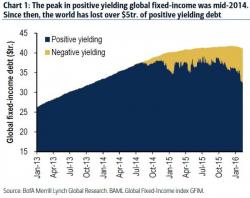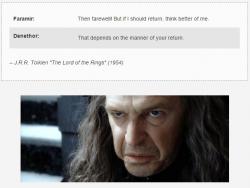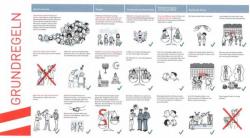BofAML Warns The Risk Of "Quantitative Failure" Is Growing

Year-to-date, BofAML's Baraby Martin notes that the market narrative has swung wildly. "US recession...", “global recession...", "China devaluation...", "commodity bust..." and "energy defaults..." have all been blamed as the major drivers of risk assets thus far in ‘16. The bearish concoction has left markets way down from their January levels. In credit, investment-grade spreads widened 16bp last month, and high-yield 36bp – the worst start to the year since 2008.


